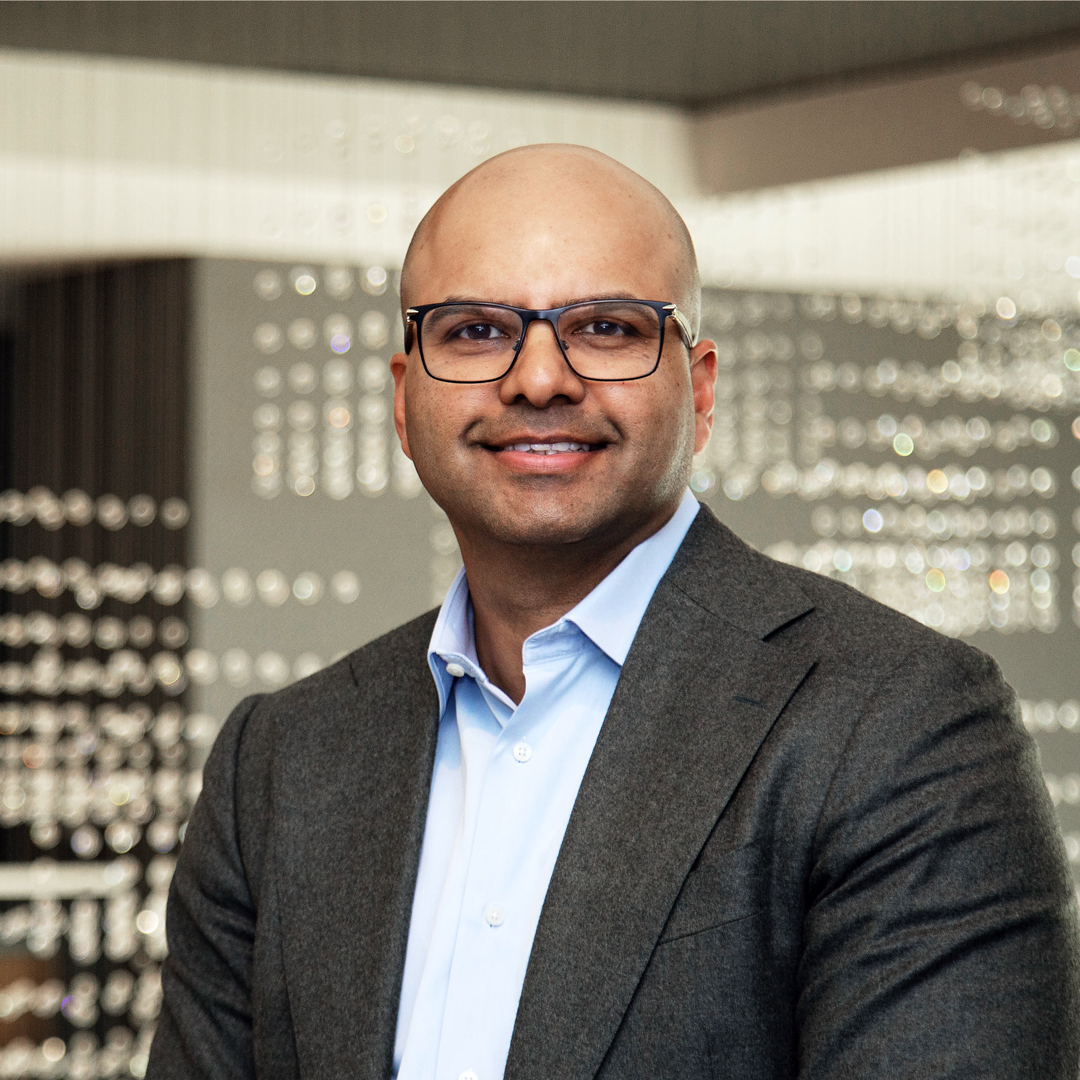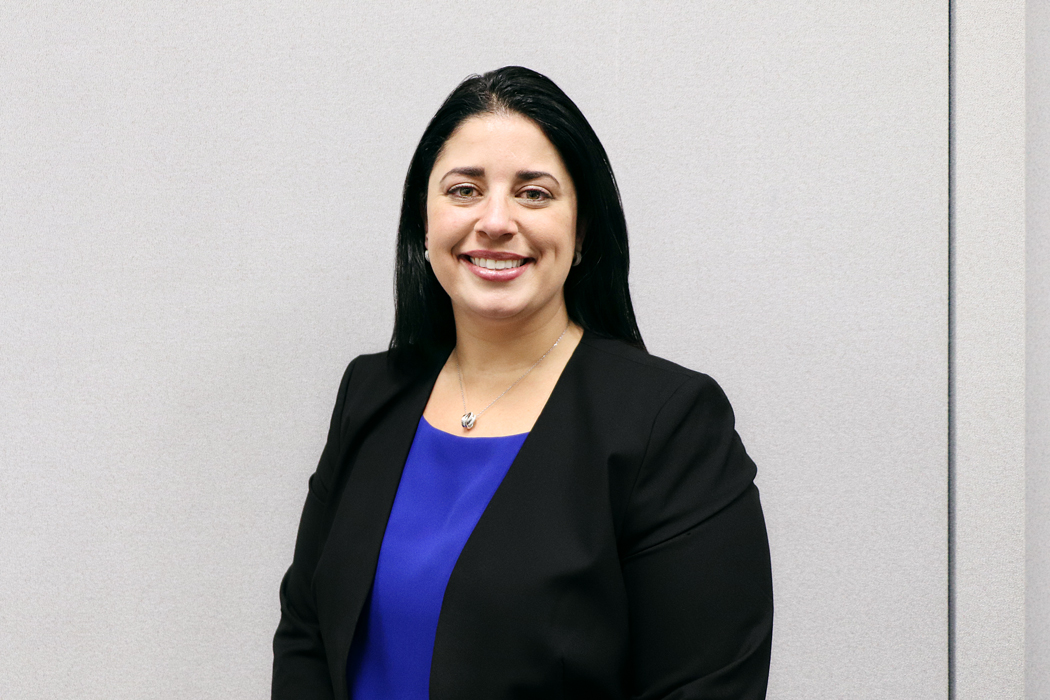|
Getting your Trinity Audio player ready... |
Passionate and practical, Randall Ellis is not only interested in numbers but also wants to understand the stories those numbers tell. “What we do really means something,” says Ellis, controller and chief accounting officer for Virginia Community College System (VCCS).

Ellis oversees twenty-three community colleges, as well as a Shared Services Center and the system office—a total of twenty-five integrated agencies serving tens of thousands of students. Ellis’s team acts as a support hub for transactions with the state and regulations enforcement. He responds to questions from all corners of Virginia about reporting and accounting issues and pushing out state funding, looking at factors like enrollment and class numbers to determine allocations.
As much as he participates with schools as individual entities, Ellis also assesses VCCS as a unified structure. To enable students’ success throughout the state, larger schools often help provide for smaller schools through allocation sharing. “We have never had complaints about equity issues from larger schools,” he says, happy to be a part of a system geared toward the whole.
Ellis’s passion shows when he talks about the impact his work has on individuals throughout Virginia. He speaks of adult learners who return to school, earn certificates, and massively increase their wages. He speaks of students who finish prerequisite classes at a fraction of a four-year school’s cost before transferring to finish a degree.
Ellis knows that attending community colleges can carry stigma. However, as father to a child who attended community college before transferring, he knows the choice is economically savvy. For the practical accountant, there is no contest. “I don’t see students every day,” Ellis says. “But when students come in to share their stories, it’s rewarding.”
VCCS means unique access to opportunities in depressed regions, especially in Virginia’s coal country. “The word ‘community’ really means a lot around some of our campuses, especially in rural areas,” Ellis says.
The colleges are integral civic supporters, offering community financial growth as well as community-based faculty. He describes a new, state-of-the-art building that recently opened way out on the eastern shore of Virginia. “You should have seen the number of people that came to the ribbon cutting,” Ellis said. “We are making things work with not much money.”
“I don’t see students every day. But when students come in to share their stories, it’s rewarding.”
Ellis’s own educational experience helps him appreciate what community colleges offer. A first-generation college student from a Virginia town of two thousand people, he ended up at the University of Maryland. “There were more students there than people in my entire county,” he says. “I had to figure it out on my own.” He did, a love of math and business guiding him to accounting, though he knows many first-generation college students do not make it and that community colleges offer important support to that population.
He spent seventeen years as a CPA at a public accounting firm, but he never wanted to be on the partner track. Ellis liked the interactions with small business and other clients. This time and experience laid excellent foundations for transferring to higher education. When Ellis took an opportunity at University of Virginia (UVA), he found himself the only CPA on staff. Beyond tax issues, he had deep knowledge of governmental accounting, including higher education, having audited them for years. He could synthesize key information for the university.
At UVA, he expanded his skill set as associate controller from number crunching to analysis, making narratives and conclusions from data. Now he applies this expertise to spending consistencies across different schools, determining best practices and procedures. “I step back and analyze,” he says. “I help the ‘business’ to help it better educate students.”
Ellis also helps build relationships between the state’s four-year schools and VCCS. As these relationships flourish, he connects with community college systems in other states. Ellis serves on the executive board of the Southern Association of College and University Business Officers, where he fosters interactions that improve his impact in Virginia.
“The word ‘community’ really means a lot around some of our campuses, especially in rural areas.”
One of Ellis’s recent projects involved a massive effort to enact the Governor’s G3 program: get educated, get a job, give back. Passed in February 2020, the initiative’s intent is a no cost to students’ community college education. This will help bridge the gap by funding tuition not covered by other aid, Ellis explains.
Two months later, G3 went on hold. “We were ready for financial aid awards to go out and then COVID-19 hit,” he says in an April interview, but he remains hopeful that the program will move forward in the future.
Though the G3 program had an uncertain trajectory because of COVID-19, Ellis continues to help colleges focus on the future. He maintains constant communication, offering weekly updates and turning information around quickly so schools can remain responsive. “We don’t have the fall back money and financial cushion schools with large endowments have,” he says. “We must look at the bottom line, and we have to balance things.”
Based on the narrative previous data tells, Ellis says economic downturns correlate with enrollment increase. It is his job to be prepared. No matter what comes, Ellis will continue to leverage funds to help get all students to graduation.
While crunching numbers and data, he appreciates his role’s complexities. “I help ease fears,” he says, leaning on his passion and practicality through ever-changing times.

